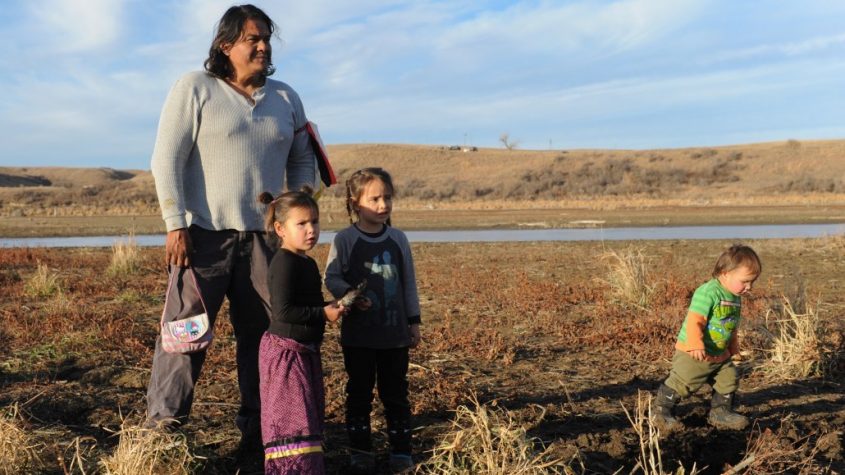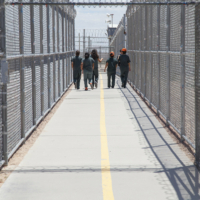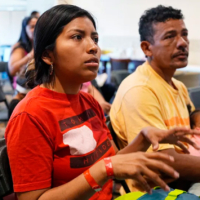Ruling Puts Welfare of American Indian Children at Risk, Akee Writes
Randall Akee, assistant professor of Public Policy and American Indian Studies, wrote an article for the Brookings Institution’s Up Front blog likening the separation of migrant children from their families at the U.S.-Mexico border to that of the United States’ former policy of permanently relocating American Indian children from their families and often impoverished communities into foster homes. This practice was in place until as recently as 1978, when the Indian Child Welfare Act (ICWA) was enacted, granting tribal governments exclusive jurisdiction over American Indian child custody cases. However, the ICWA was recently ruled unconstitutional by the U.S. District Court for Northern Texas. Akee argues that the state-ordered breakup of tribal families is cruel and unnecessary and, if resumed, could further harm the already largely damaged tribal communities. Furthermore, he argues that indigenous peoples thrive under independence and self-governance, and meddling by state civil and criminal jurisdictions cause these communities to “[experience] an increase in crime and a reduction in incomes,” not to mention the “disastrous” effect on the welfare of the children themselves.








Leave a Reply
Want to join the discussion?Feel free to contribute!